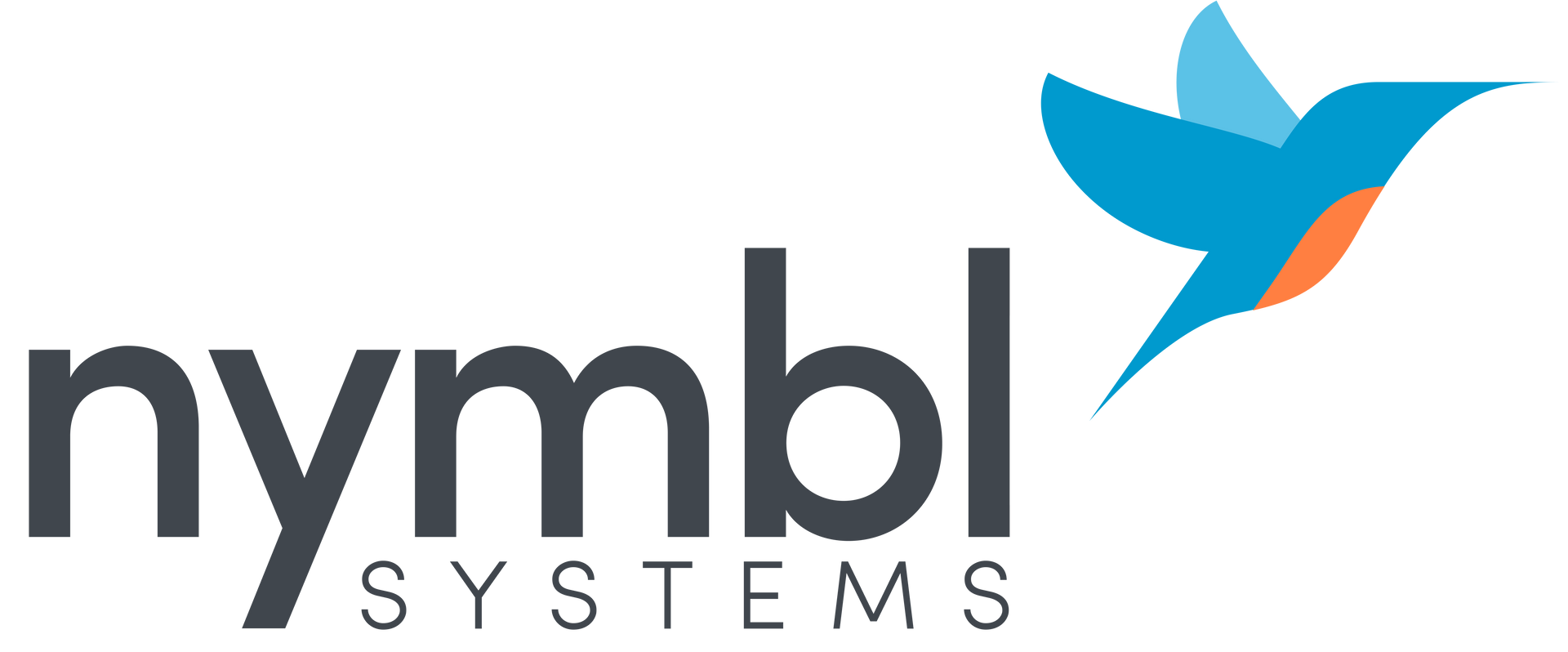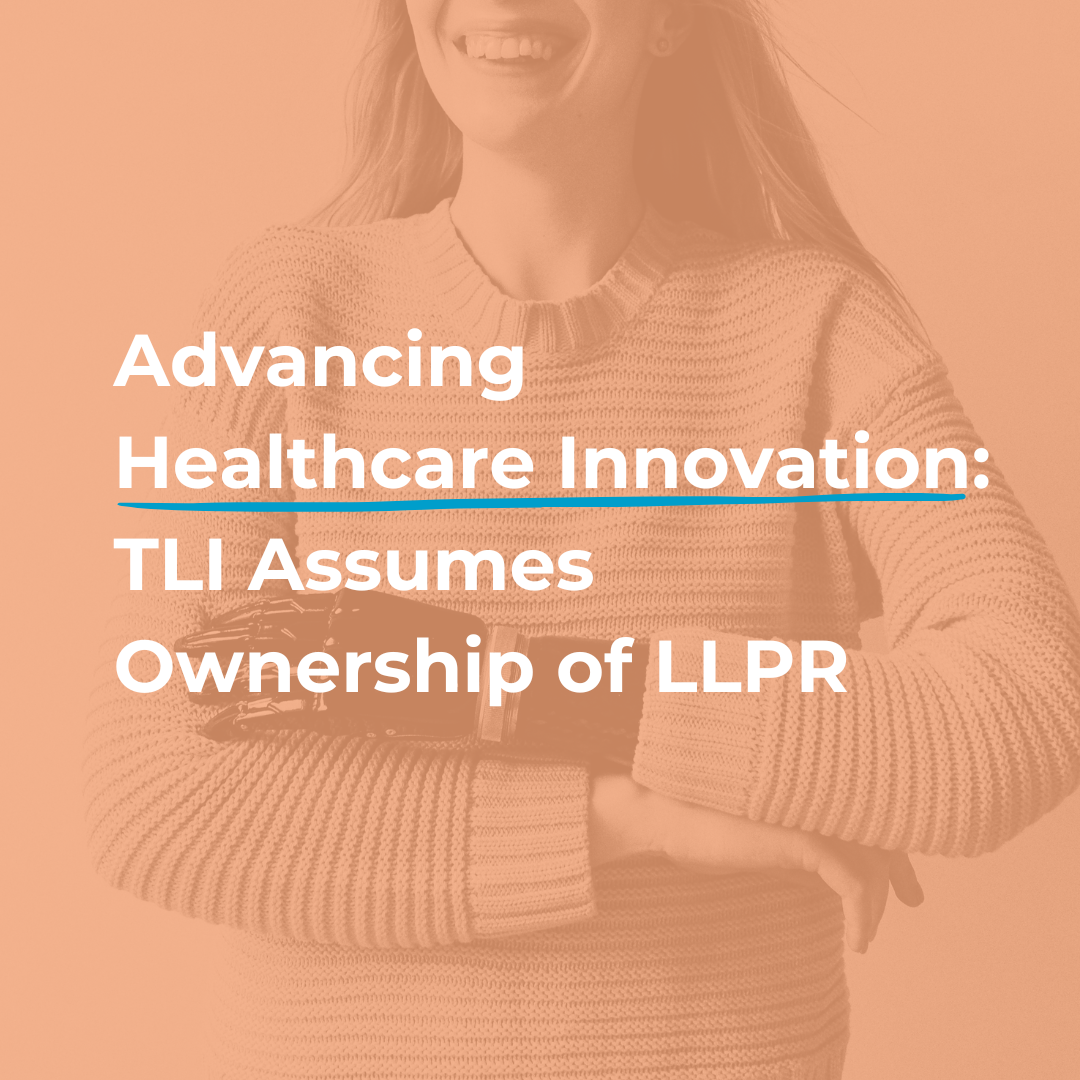News
News

By Chris Watson
•
June 10, 2024
Modern technology that delivers extreme efficiencies for CRT, HME, and O&P providers will be on display in booth #610 DUBLIN, Ohio, June 10, 2024 – Nymbl Systems, a software company dedicated to delivering better business outcomes for those who enable better health and mobility, is proud to announce its platinum sponsorship and participation in the VGM Heartland Conference this week in Waterloo, Iowa, booth #610. As a leader in providing innovative software solutions tailored to the needs of Complex Rehab Technology (CRT), Orthotics & Prosthetics (O&P), and Home Medical Equipment (HME) providers, Nymbl Systems will be demonstrating its software solutions that are designed to streamline operations, enhance patient management, and improve the overall efficiency of providers. In addition to demonstrating solutions, Nymbl Co-founder and Chief Revenue Officer Chad Feinberg will be presenting an educational session entitled, "Utilizing Patient Engagement to Increase Revenue," that will help attendees better understand how modern technology can be used to build long-lasting, profitable relationships with patients. Feinberg's session will be held on Tuesday, June 11 at 8:30AM. According to Feinberg, "The VGM Heartland Conference is an excellent platform for us to connect with industry professionals and show the market that there is a better way to leverage technology to create extreme efficiencies and deliver excellent patient care services. Our participation as a platinum sponsor underscores our commitment to supporting the CRT and HME markets with innovative tools to address the unique challenges they face."

By Sami Shilling
•
June 4, 2024
Nymbl Systems Launches Innovative Single-Page Patient Intake to Transform O&P, CRT, and HME Industry Efficiency O&P, CRT, and HME providers experience an average of 20% efficiency gains with more streamlined and automated patient intake workflow DUBLIN, Ohio, June 3, 2024 – Nymbl Systems, a software company dedicated to delivering better business outcomes for those who enable better health and mobility, is excited to announce the launch of the industry's first Single-Page Patient Intake capability. Designed with the ever-evolving needs of the Orthotics & Prosthetics (O&P), Complex Rehab Technology (CRT), and Home Medical Equipment (HME) industries in mind, this new functionality is set to revolutionize the way healthcare providers manage patient data by streamlining the intake process, reducing paperwork, and enhancing overall data accuracy. At the core of this innovative feature is a user-friendly design that consolidates all necessary patient information onto a single, easy-to-navigate page. Unlike other billing and business management solutions on the market, this design allows intake staff to enter all critical patient data quickly and efficiently, minimizing the need to navigate through multiple pages or tabs and reducing the time required to complete each patient's intake. Early adopters of this new capability have been able to reduce patient intake time by an average of 20%. "The launch of our Single-Page Patient Intake feature further demonstrates our commitment to rethinking age-old workflows that have limited O&P, CRT, and HME providers' ability to find extreme efficiencies," said Josh Lau, CEO of Nymbl Systems. "As declining reimbursement pressures and rising costs continue to squeeze provider margins, we continue to find new ways to help our customers leverage modern technology to simplify administrative tasks and positively impact their bottom lines."
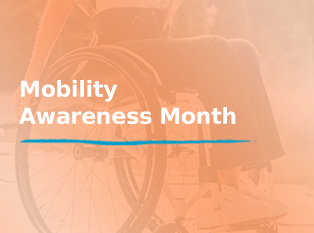
By Chris Watson
•
May 22, 2024
In the rapidly evolving landscape of Complex Rehab Technology (CRT), providers face unique challenges that impact their ability to deliver timely, effective, and patient-centered services. As we observe National Mobility Awareness Month this May, it's crucial to spotlight these pressing challenges, as more than 18 million people in the U.S. and Canada have mobility issues, and 6 million of them use some kind of assistive device according to NMEDA . At Nymbl, our billing and business management solutions support the businesses that support these millions of patients. Here’s a detailed look at the top issues CRT providers confront in the mobility management market, underscoring the significance of this awareness month in fostering greater understanding and advocacy. Regulatory and Legislative Challenges: Navigating the complexities of healthcare regulations and legislation is one of the most formidable obstacles facing CRT providers. This Mobility Awareness Month, it's important to advocate for legislation that recognizes the unique needs of CRT patients. Changes in healthcare policies, Medicare, Medicaid, or insurance coverage can profoundly impact how providers operate, affecting their ability to offer affordable solutions. Specific legislation that clearly includes provisions for CRT is essential and requires continuous attention and involvement from providers and stakeholders. Reimbursement Issues: The complexities of reimbursement form another significant hurdle. CRT providers often face challenges in obtaining timely and adequate reimbursement from insurance companies. Each piece of equipment requires detailed documentation to prove its necessity, which can be a cumbersome and time-consuming process. During Mobility Awareness Month, it's vital to highlight how these reimbursement challenges delay patient access to needed technology and strain the financial stability of providers. Advocating for better reimbursement rates and processes is crucial for improving service delivery. Technological Advancements and Integration Challenges: While technological advancements in CRT offer new possibilities for enhancing mobility, they also present significant integration challenges. Providers must continuously update their knowledge and skills to incorporate these innovations effectively. Mobility Awareness Month is an opportune time to focus on the importance of training and education in keeping up with these changes, ensuring that providers can offer the best options to their patients and integrate new technologies smoothly. High Costs of Equipment and Operations: The high cost of CRT equipment and operational expenses pose substantial challenges. Custom-tailored solutions are inherently expensive due to their specialized nature and the technology involved. During Mobility Awareness Month, we should discuss how these costs impact consumers and explore ways to manage them effectively through efficient business practices and specialized software solutions that streamline operations. Staffing Shortages and Training Needs: The CRT sector requires skilled professionals who are adept at handling the nuanced needs of patients with severe disabilities. There is often a shortage of trained professionals in this field, which can lead to staffing challenges. Mobility Awareness Month serves as a reminder of the need for ongoing training and professional development to ensure high-quality care. Providers must invest in their teams to keep pace with industry demands and regulatory changes. Patient Education and Advocacy: CRT providers play a crucial role in educating patients and advocating for their rights. Many patients may not be aware of the benefits of CRT or their rights regarding insurance and healthcare. Mobility Awareness Month is an excellent time to emphasize the importance of patient education and empowerment. Providers must engage in continuous efforts to ensure patients are informed and can make knowledgeable decisions about their mobility solutions. As we observe National Mobility Awareness Month this May, it is clear that CRT providers face a complex array of challenges in delivering essential services to some of the most vulnerable populations. This month highlights the need for improved legislation, better reimbursement practices, technological integration, cost management, skilled staffing, and proactive patient education. For CRT providers, navigating these challenges is about enhancing the quality of life for individuals who rely on their services to live more independently. For Nymbl, it is about renewing our commitment to ensuring CRT providers have the best possible software solutions that help them serve their patients in the highest quality and most efficient manner possible. To learn more about how Nymbl supports CRT providers, visit the CRT page on our website or schedule a personal demonstration .
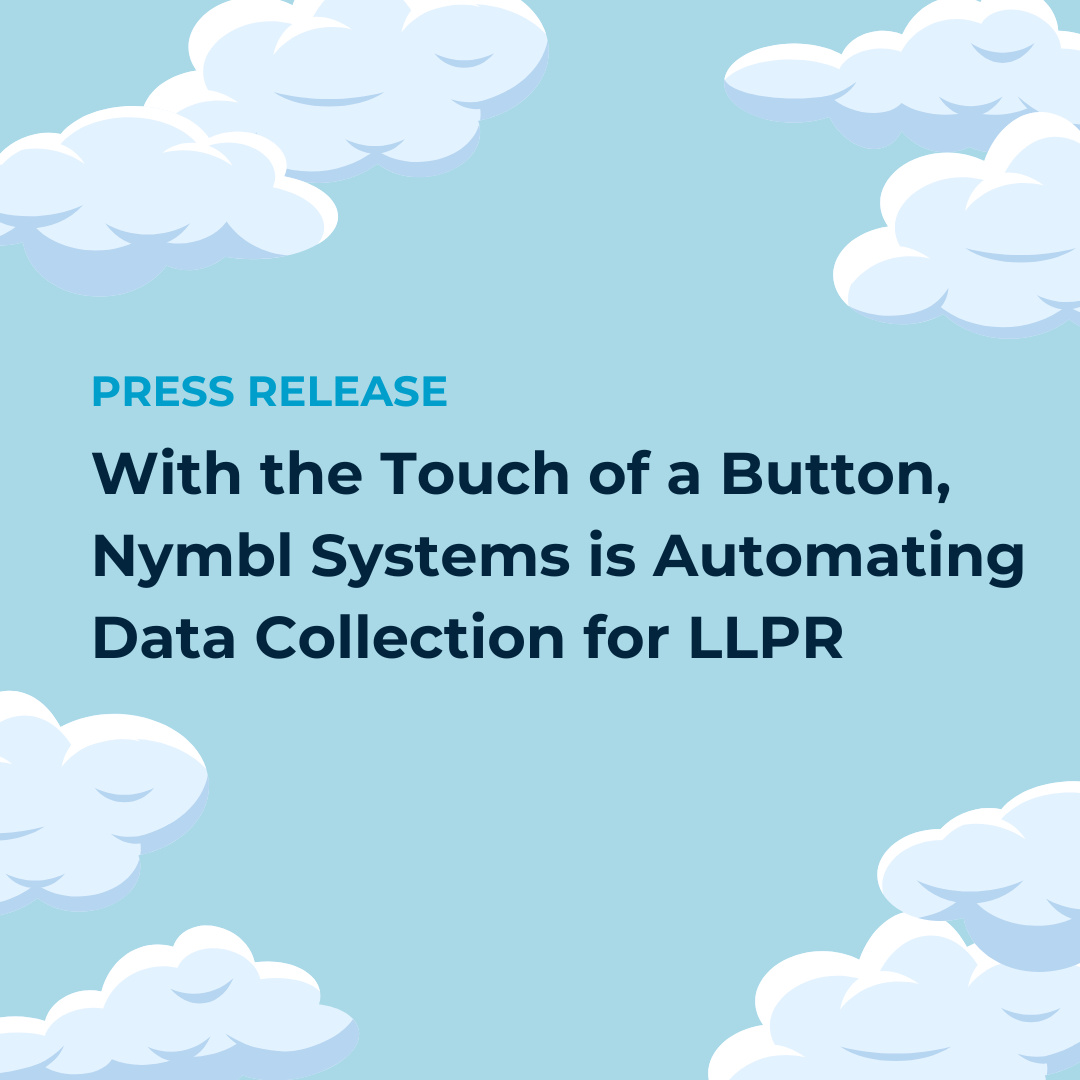
By Elisabeth Ross
•
May 2, 2024
Nymbl Systems has partnered with the Limb Loss and Preservation Registry (LLPR) to make data collection and submission easier for O&P practices that participate in the effort. An automation within Nymbl’s software allows the transfer of LLPR-collected fields from practices to the database without any additional effort on a practitioner’s part. How it Works When an O&P practice using Nymbl Systems decides to participate with the LLPR, their first step is to contact the Nymbl Customer Support team. Then, Nymbl ‘flips a switch’ on their end and begins transmitting data from that practice to the LLPR data base. Users of Nymbl will be able to easily identify any fields transmitted to the LLPR from the business management platform; these fields are marked by a tooltip icon. “The information is automatically sent as employees and practitioners go about their daily routines,” Josh Lau, CEO of Nymbl Systems, said. “It’s designed to be seamless and eliminate any barriers for practices who want to contribute to this incredibly important effort.”

By Elisabeth Ross
•
April 23, 2024
It’s hard to help others outside a niche industry “get” what you do. Even with an invested interest on both ends, an understanding can be challenging to reach. This is something that feels especially relevant given the latest updates in Centers for Medicare & Medicaid Services’ (CMS) coverage of Seat Elevation systems. See how Nymbl gets you.
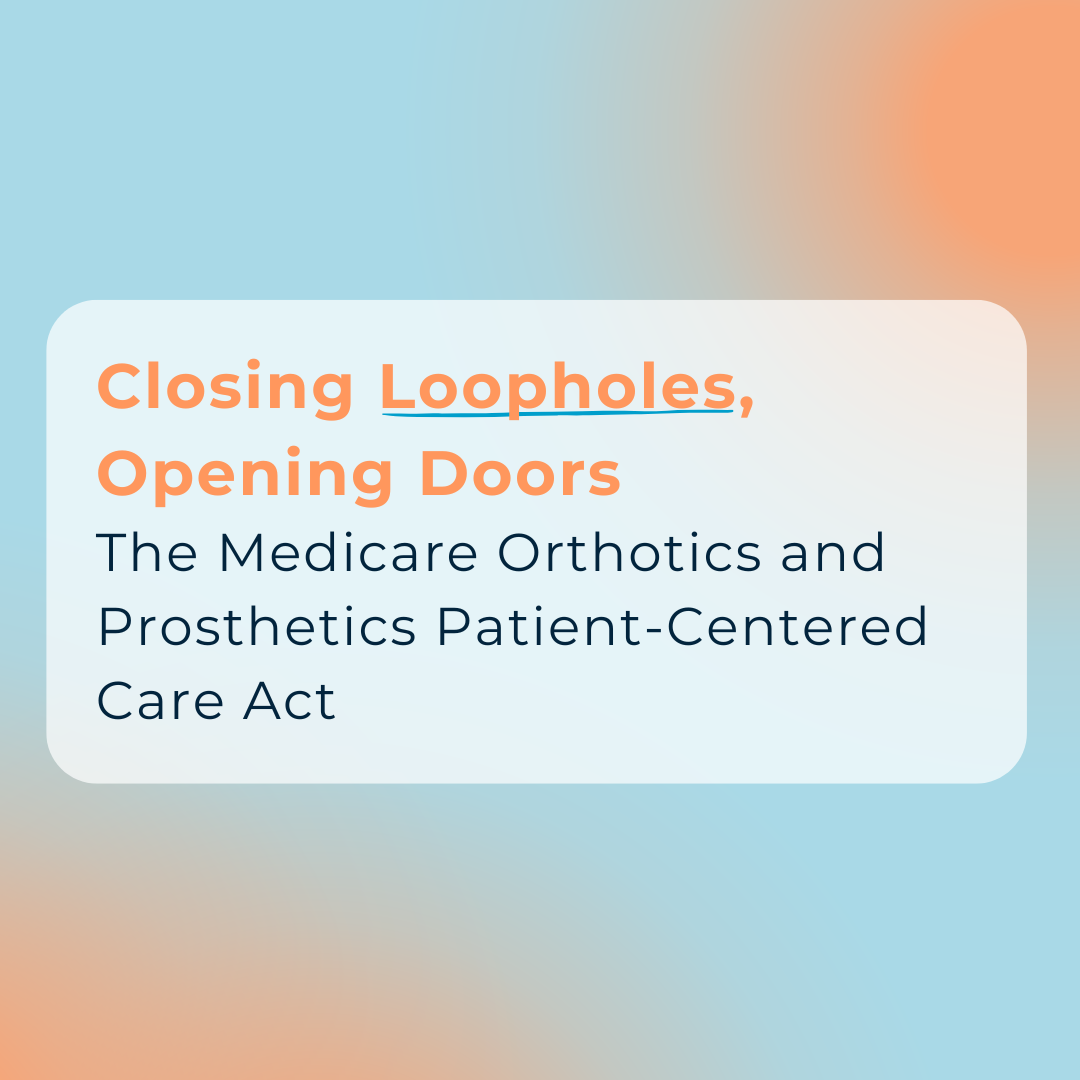
By Elisabeth Ross
•
April 5, 2024
The significance of this act for orthotists, prosthetists, and their patients cannot be overstated – it represents a monumental shift towards patient-centered care and a statutory and regulatory separation of O&P from the umbrella of DME, allowing for more appropriate regulation in the future.

By Elisabeth Ross
•
December 11, 2023
Orthotics and Prosthetics (O&P) practitioners play a vital role in increasing the quality of life for individuals with limb disabilities or loss. However, the business landscape for O&P professionals is constantly evolving, presenting a new set of challenges in 2024.

By Elisabeth Ross
•
August 31, 2023
If you’re like us, you’re constantly looking for ways to work more efficiently so that you can focus on the parts of your job that you love – AI can be a great helping hand for that. Patient experiences can now be automated so that you spend less time on monotonous tasks and more time face-to-face with the patients you care for.
